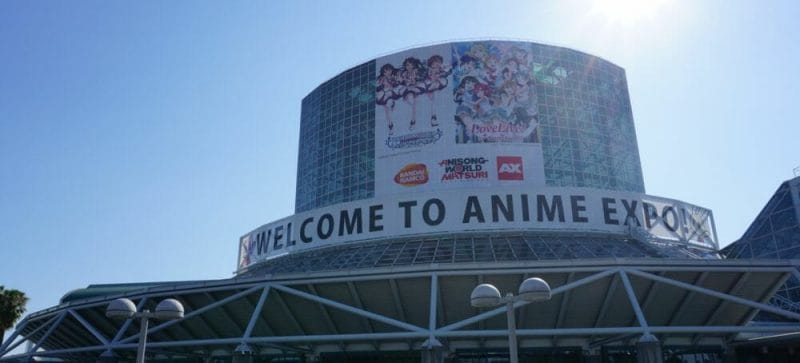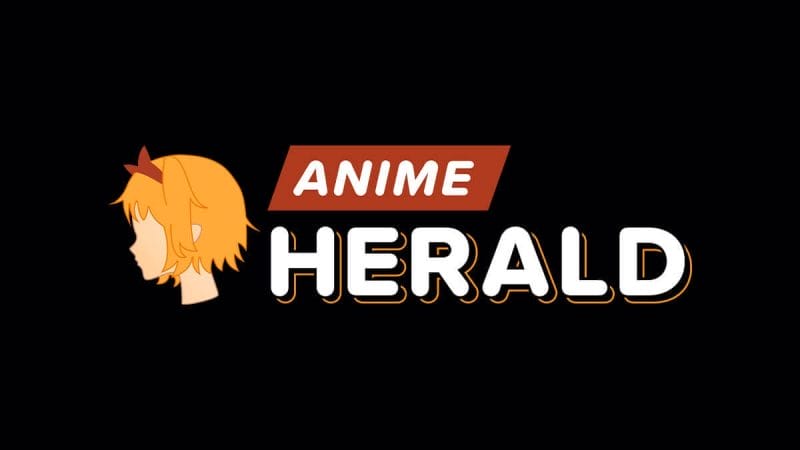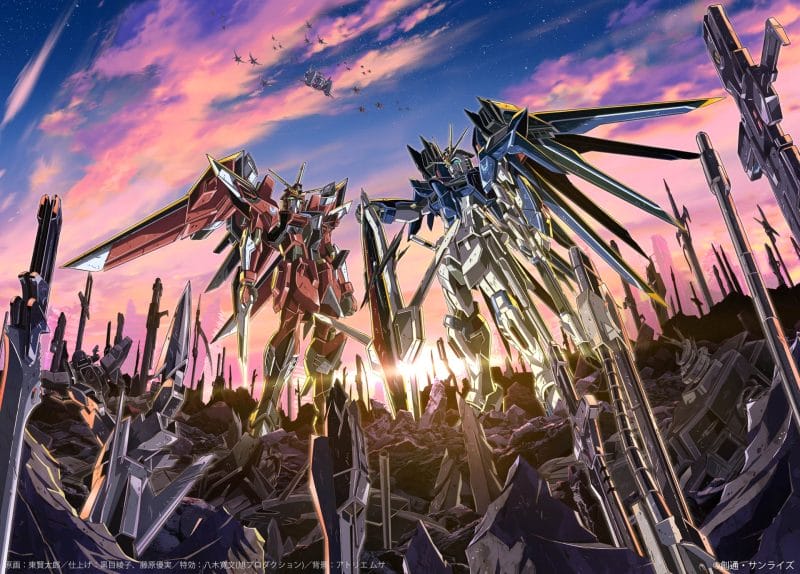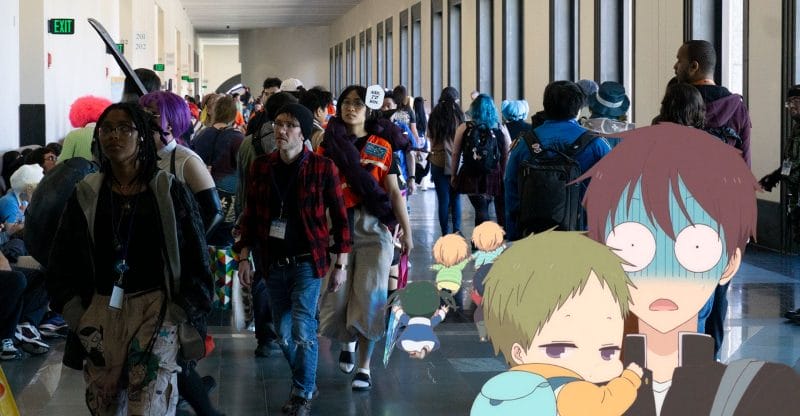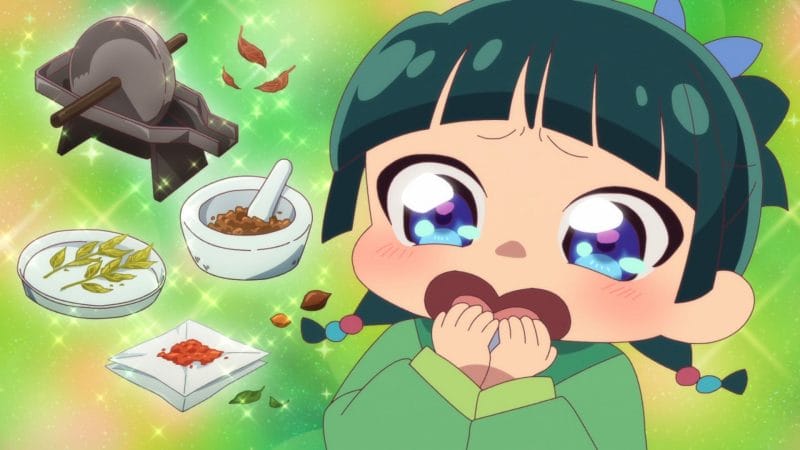 No matter how great a company’s products may be, few will be convinced to buy if those selling offer poor service. Indeed, in this day and age, when people are increasingly connected, a poor experience can do more than just scare one or two customers away. In the past, a poor experience would reach fifteen, twenty people at most, due to the limited nature of communication. However, in this age, when people have an average 130 facebook friends and an average 126 followers, a simple line of text can create a ripple effect that will echo through hundreds, if not thousands of people at once.
No matter how great a company’s products may be, few will be convinced to buy if those selling offer poor service. Indeed, in this day and age, when people are increasingly connected, a poor experience can do more than just scare one or two customers away. In the past, a poor experience would reach fifteen, twenty people at most, due to the limited nature of communication. However, in this age, when people have an average 130 facebook friends and an average 126 followers, a simple line of text can create a ripple effect that will echo through hundreds, if not thousands of people at once.
Today, more than ever, businesses have an incentive to offer the best service possible. The fear of the ripple effect, and of the fallout that ensues is a powerful motivator. Human nature states that bad news spreads faster than good news, and people remember negative sentiments far more than positive ones.
As an example, yesterday, ANN reported that Crunchyroll and TV Tokyo filed suit against thirteen defendants who allegedly distributed episodes of Naruto, Naruto Shippuden, and Bleach on YouTube. This led to numerous cries of the pot calling the kettle black, as Crunchyroll’s reputation as a former illegal distributor bubbled back to the surface. Forums and social media lit up with jeers and resentment toward the company, its history, and its policies. It was the perfect opportunity for people to air their legitimate gripes, which added to a growing snowball of negative attention. The event took a life of its own, and created a situation that Crunchyroll will have a difficult time addressing.1
In situations like this, Crunchyroll’s best option would be to try to push attention from the lawsuit, and to look at the legitimate complaints bubbling to the surface. While it’s impossible to fix every issue, it is simply good practice to address and respond to complaints that they are pointed to. People like being addressed, and they love being outright cared about. The simple words “I’m sorry” have great meaning in our society, and most customers are smart enough to understand an explanation of why their issues simply cannot be fixed at the current time.
In the coming months, it will be fascinating to see how Crunchyroll approaches this fallout. I’ll admit from the outset that it’s impossible to please everybody. However, if handled correctly, Crunchyroll can turn those who can be helped into staunch supporters. If not, they can expect to see those that are upset grow more upset, and their marketshare will suffer as the reputation spreads.
I’m not a fortune teller, though I am curious to see how this turns out. Hopefully, we get a lesson in truly Likeable customer service from the events that ensue.
1: As an observer, this is a situation that I will not touch in a critical light. It’s simply too hot, too volatile to approach without angering people.




